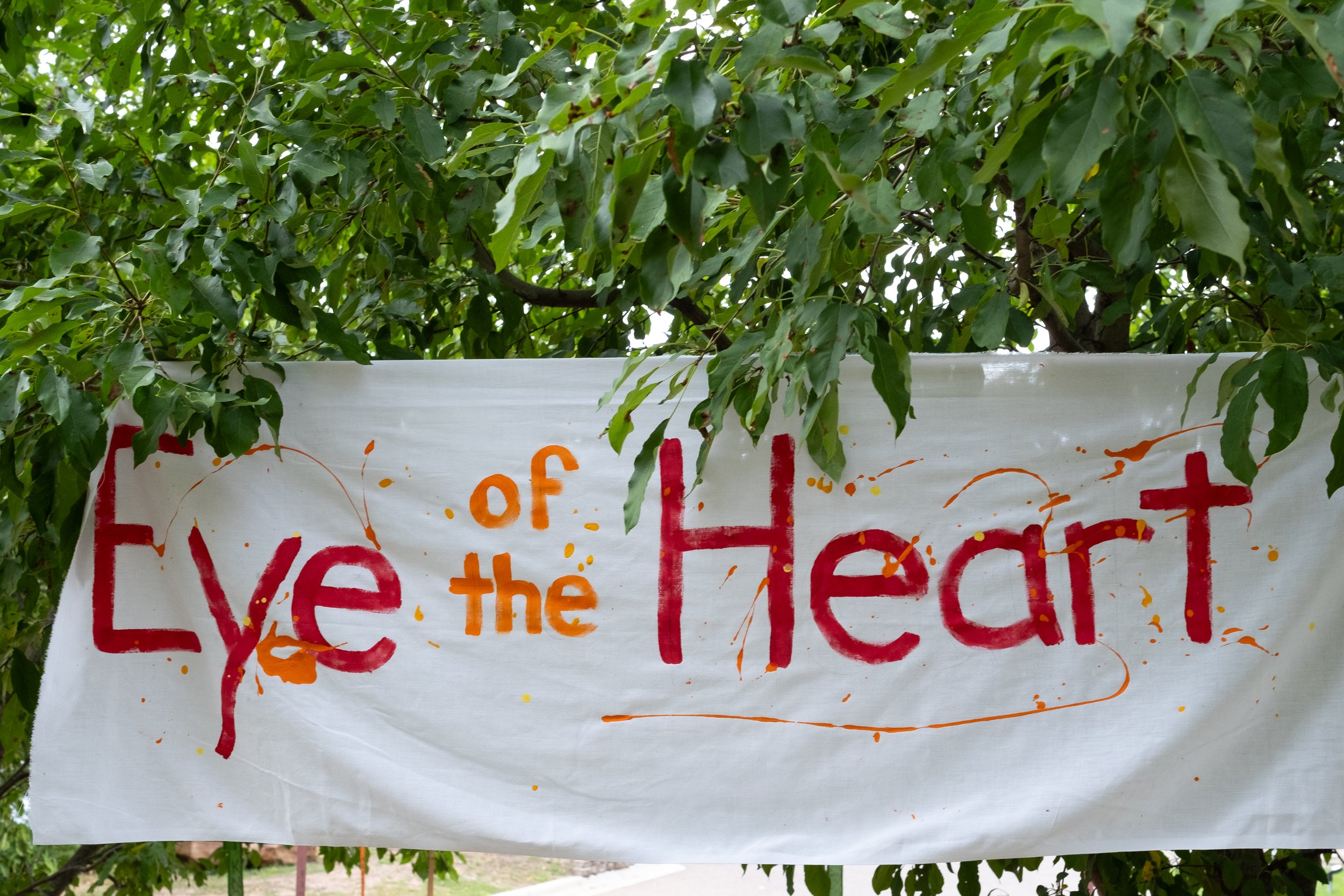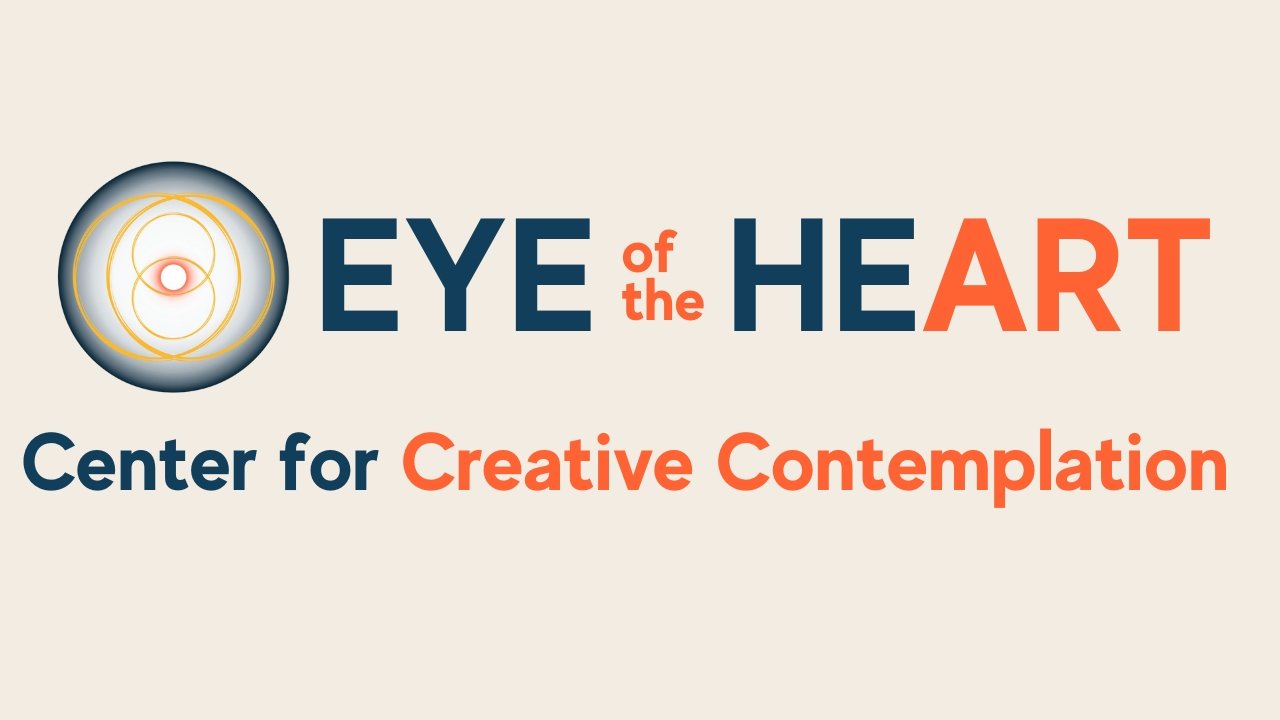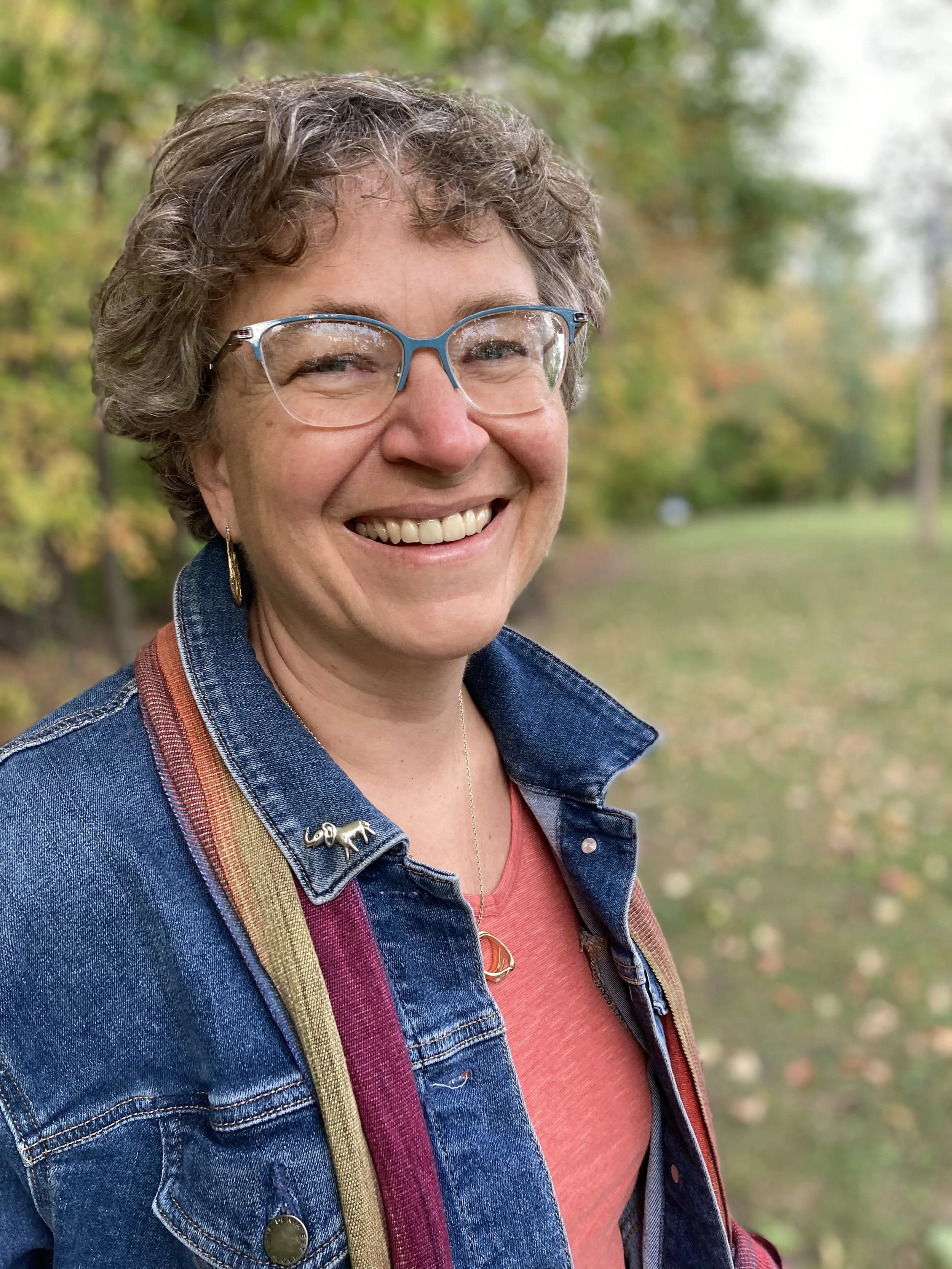
Writing Your Sacred Journey: Monthly Practice Sessions
Hidden within your life experiences is a wellspring of hope, wisdom, truth, and connection. Painful memories reveal ultimate values; fragmented memories make way for unity; languageless memories find voice. Writing is one way to draw from this bottomless, life-giving source. By creating stories of your past, you can re-create your present and find agency for a meaningful future. Your inner story can also move the inner life of a reader, passing the gift of transformation forward.
Join Elizabeth Jarrett Andrew to explore the art and practice of spiritual memoir writing. Each session offers participants the opportunity to write, time for conversation, inspiration from model writers, and insights about craft, content, and practice. These monthly practice sessions are meant for writers of all levels, including absolute beginners. New participants are encouraged to take Elizabeth’s introduction to spiritual memoir workshop or read Writing the Sacred Journey. Because practice sessions are not consecutive, you can drop in as you’d like. Over three years, the curriculum covers the significant aspects of the craft of writing memoir, common themes, and the invitations to transformation inherent in the practice.
Looking for an in-person writing class in Minneapolis? See “Re*vision,” which meets monthly on Fridays.
Online, monthly on four Mondays from 6:00-8:00 p.m. CT: 1/26; 2/23; 3/23; 4/27; 5/25; 6/22
Price: $35/single class; 3 options for series
Register for single classes below. Register for full series here!
Winter/Spring 2026 Sessions
January: Everything Sacred
We’ll mine ordinary objects and activities for spiritual content, learn the difference between showing and telling, and discuss ways for getting started. Bringing attention to our experiences calls forth their holiness.
1/26
February: Discovery in the Details
The right details bring light and life to a story. We’ll practice finding details that work and look through our descriptions to the meaning they uncover.
2/23
March: The Brilliance of Childhood
Our sacred journeys find their source and direction in our youngest years, when our first experiences marked us. How can we explore early memories with compassion, curiosity, and humility?
3/23
April: Courage & Truth-telling
“Only one thing is more frightening than speaking your truth,” Audre Lorde wrote, “and that is not speaking.” Writing memories is an exercise in truth-telling. We’ll learn techniques to facilitate courageous honesty on the page—and in life.
4/27
May: The World Boiled Down to a Drop
Zora Neale Hurston wrote of one character, “She was the world and the heavens boiled down to a drop.” We’ll explore the holographic nature of memories: Our small stories contain big truths. How can we reconstitute memories on the page so they hold both the vast universe and our beloved particulars?
5/25
June: Holy Resistance
Resistance—to creativity, to spiritual practice—can be a sign that we’re on to something! When we resist the writing process or certain subjects, how can we open our hearts to transformation?
6/22
Register for a single class using the buttons below each one, each at $35/each. Scroll down to register for the full series at a price point that makes the most sense for your budget at this time.
Bundle the Series—Pay What You Can
To make this gathering as accessible as possible, register for these sessions at one of the donation-based price points below. Choose the one that makes the most sense for your current financial situation.
Base
$30/class - This amount supports Elizabeth Jarrett Andrew and
Eye of the Heart Center.
Scholarship
$20/class - This amount reflects
a discount for those who need it. Please do not use if you are able
to pay more without issue.
Scholarship Support
$40/class - This amount is for those who can afford to give above the basic cost as a way to cover those needing a discount.
About Your Facilitator
Elizabeth Jarrett Andrew is a wisdom teacher and writing coach dedicated to facilitating creative emergence.
As a writer she elicits the spirit’s movement within stories; as a teacher she supports transformation within writers and on the page. She received her MFA in creative nonfiction from Hamline University, her spiritual direction training from the Center for Spiritual Guidance, and her contemplative formation from the Center for Action and Contemplation’s Living School. She is the author of the spiritual memoir Swinging on the Garden Gate, now in its second edition; the novel Hannah, Delivered; a collection of personal essays, On the Threshold: Home, Hardwood, and Holiness; and two books on writing: Living Revision: A Writer’s Craft as Spiritual Practice, winner of the silver Nautilus Award, and Writing the Sacred Journey: The Art and Practice of Spiritual Memoir. You can connect with Elizabeth at www.spiritualmemoir.com and www.elizabethjarrettandrew.com.


